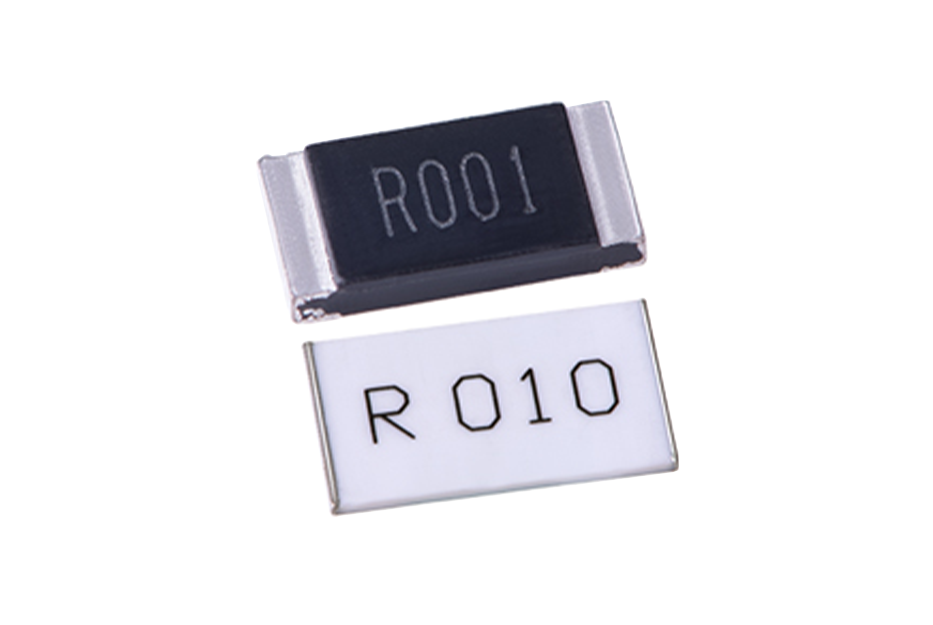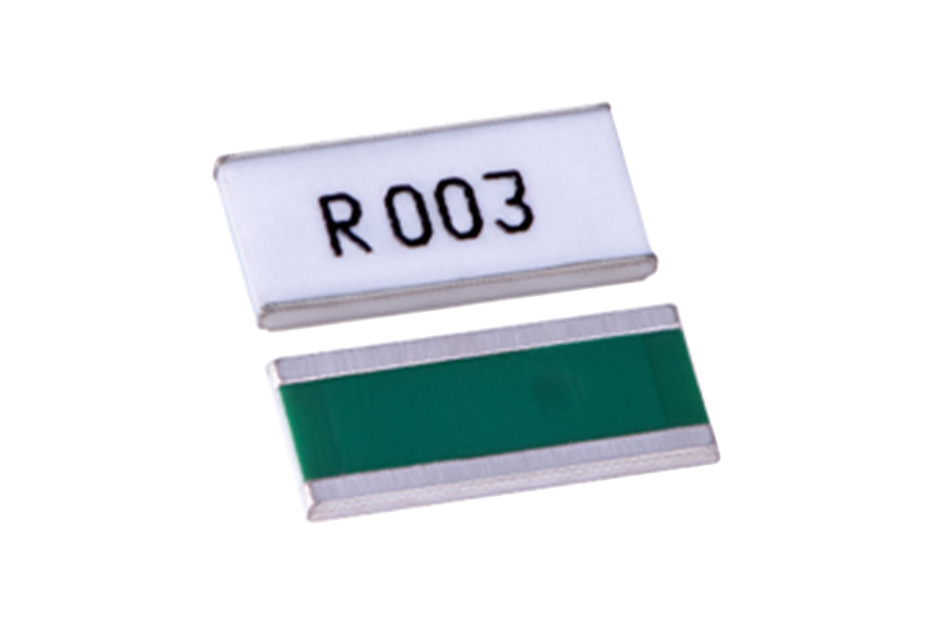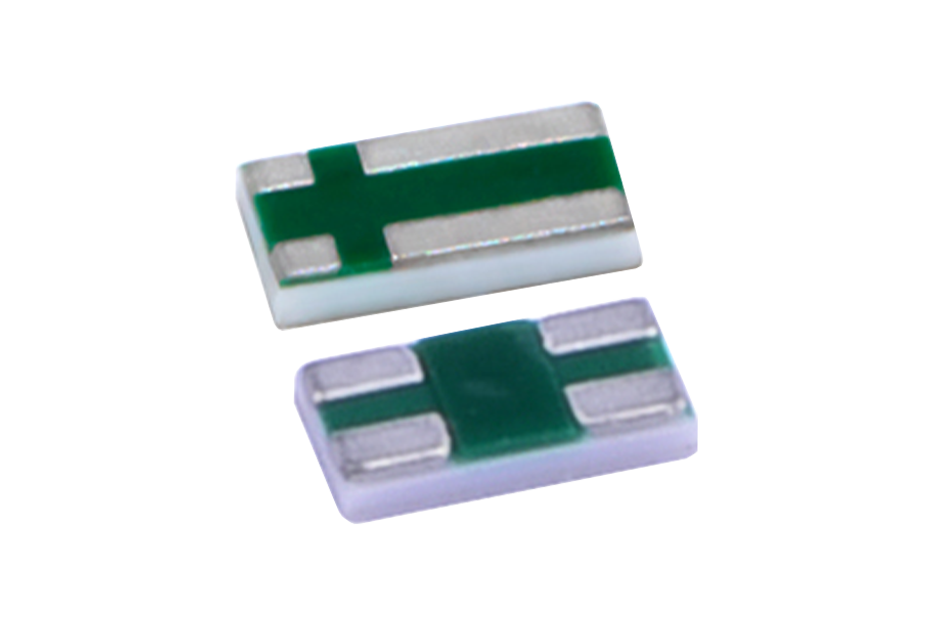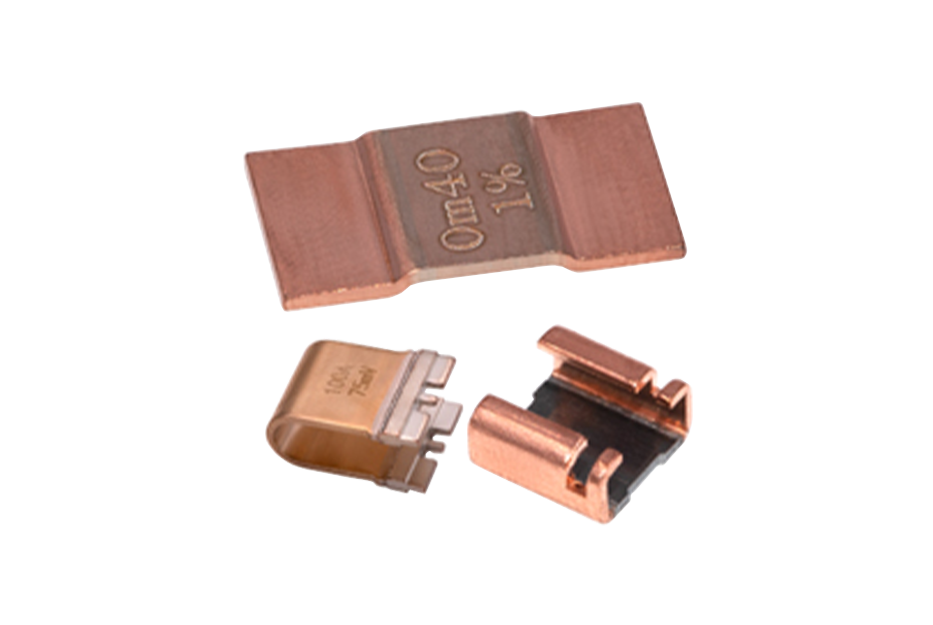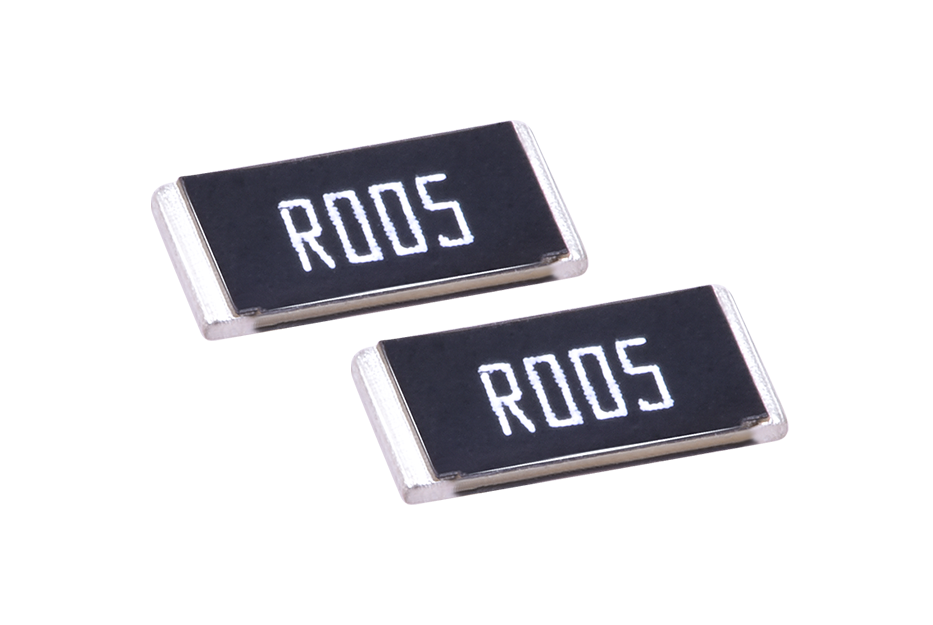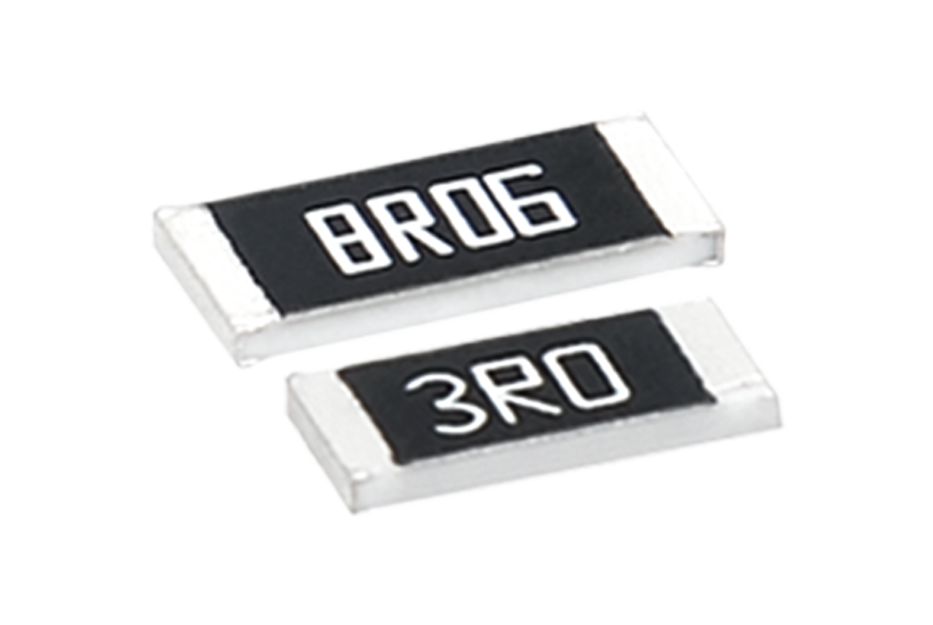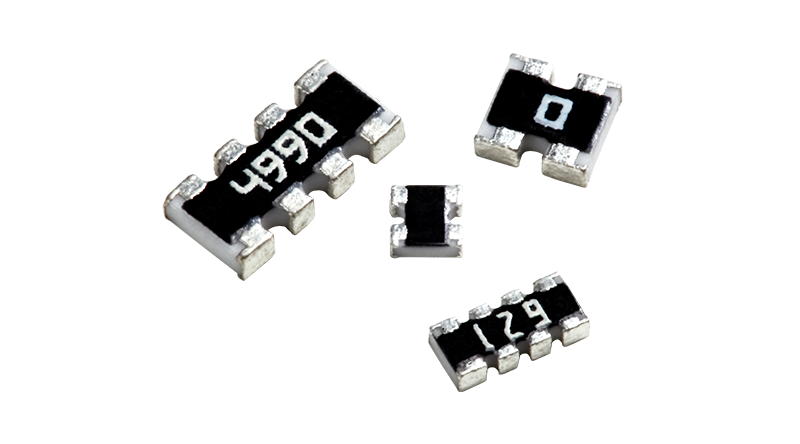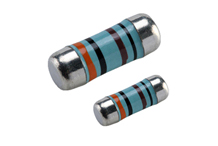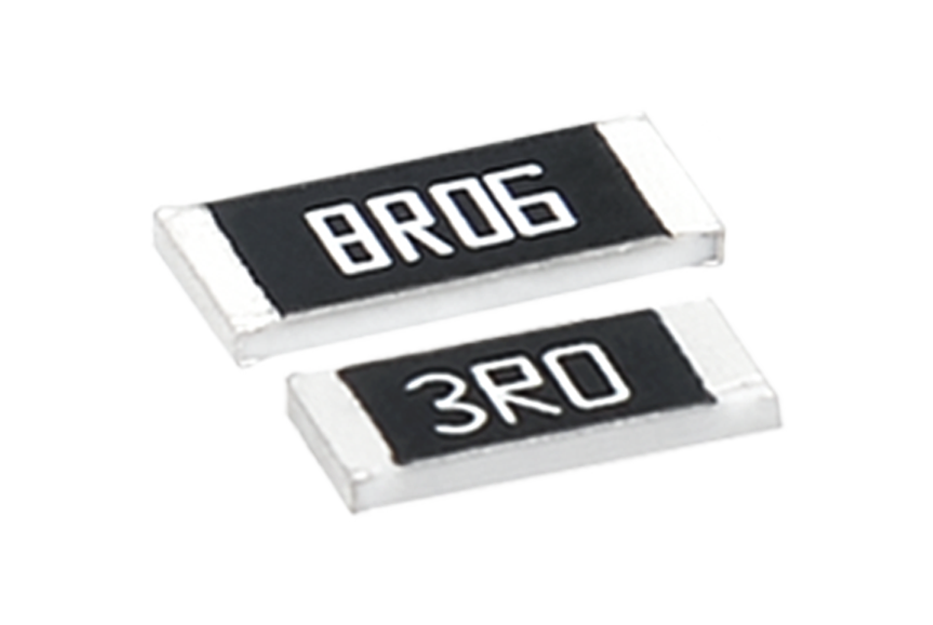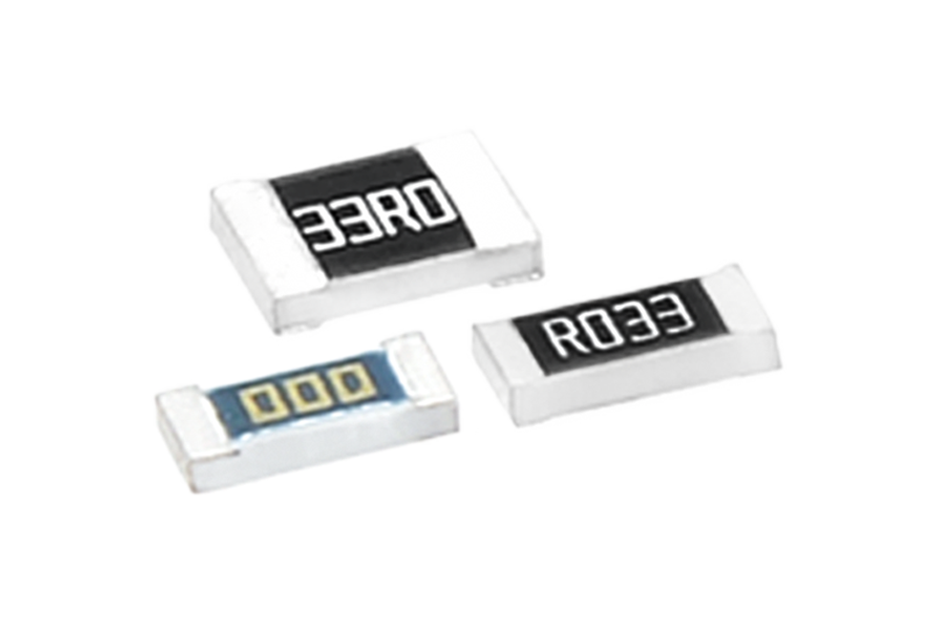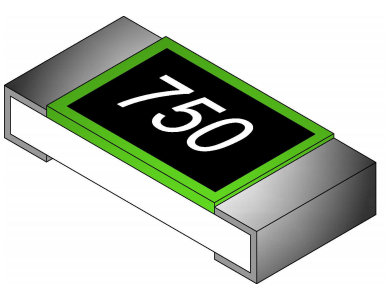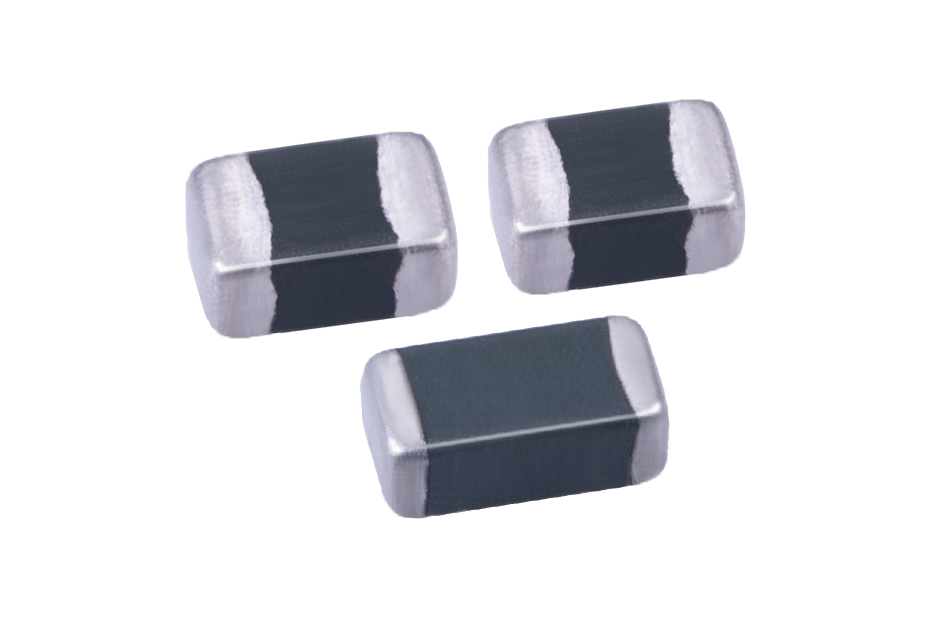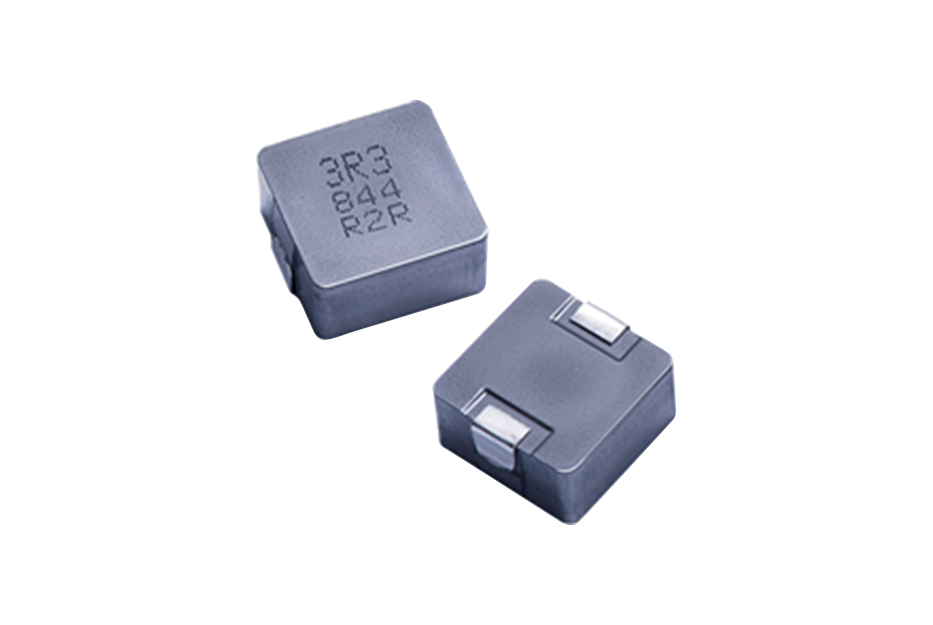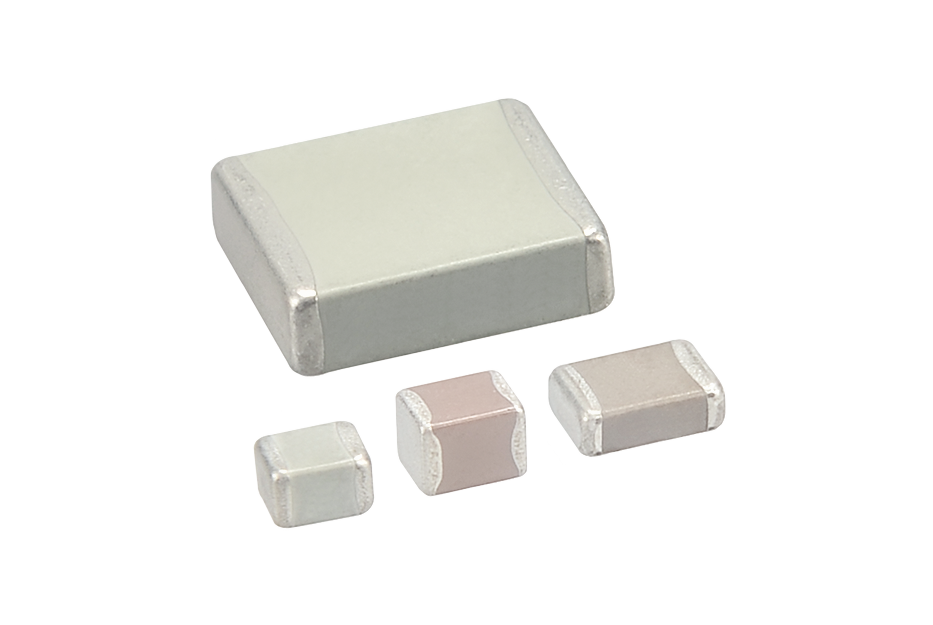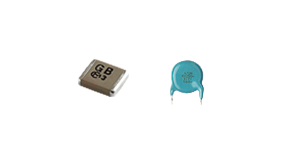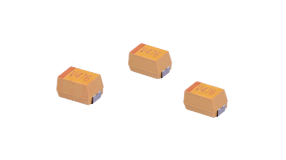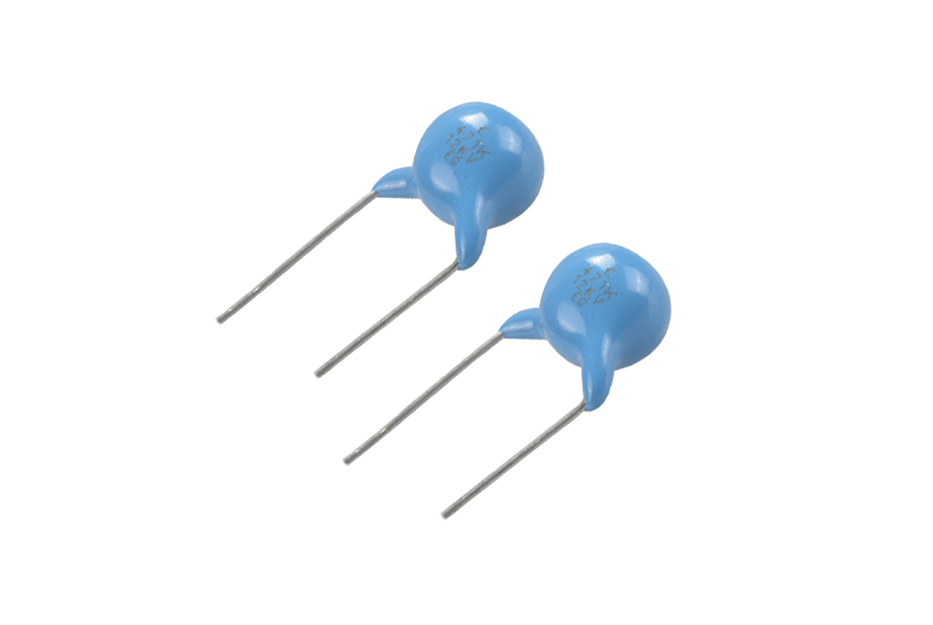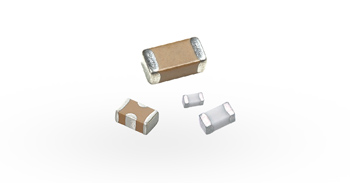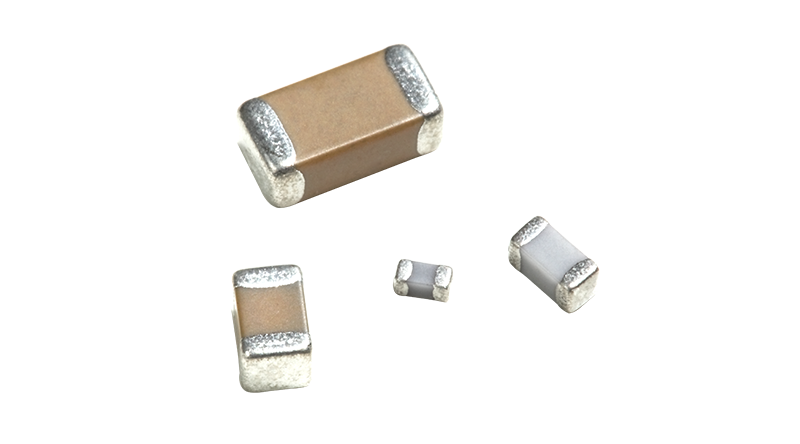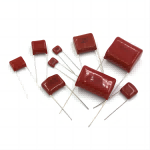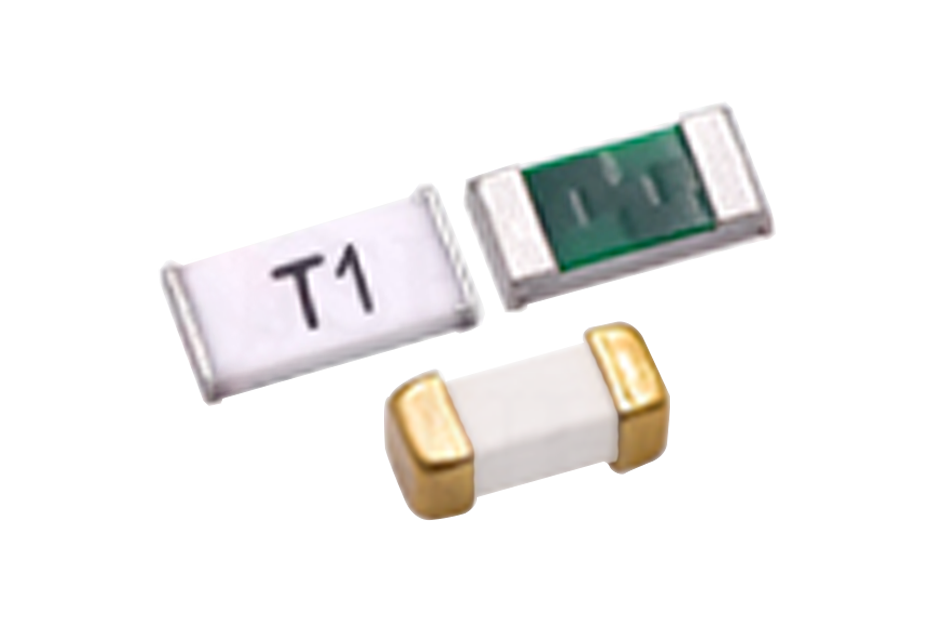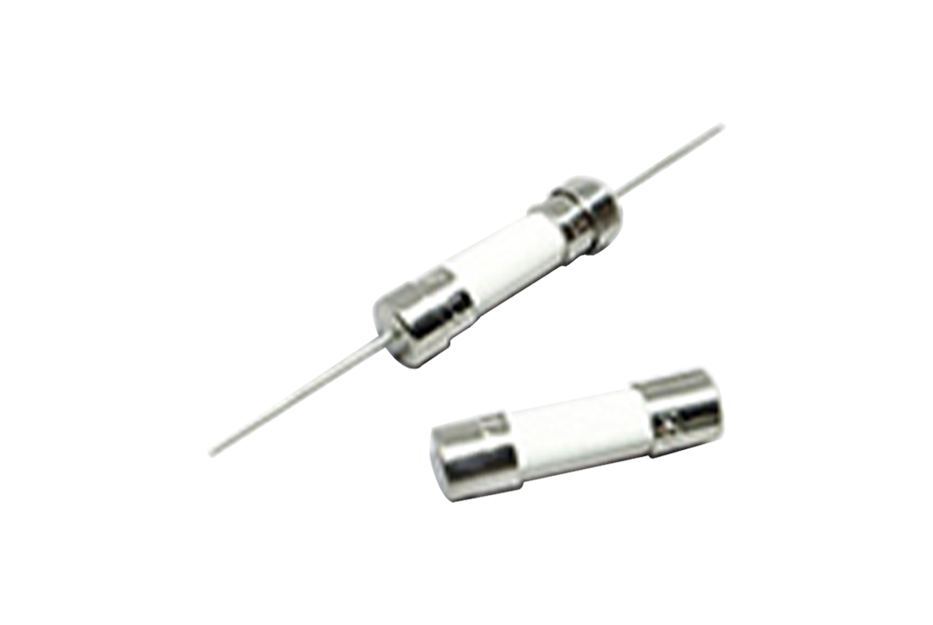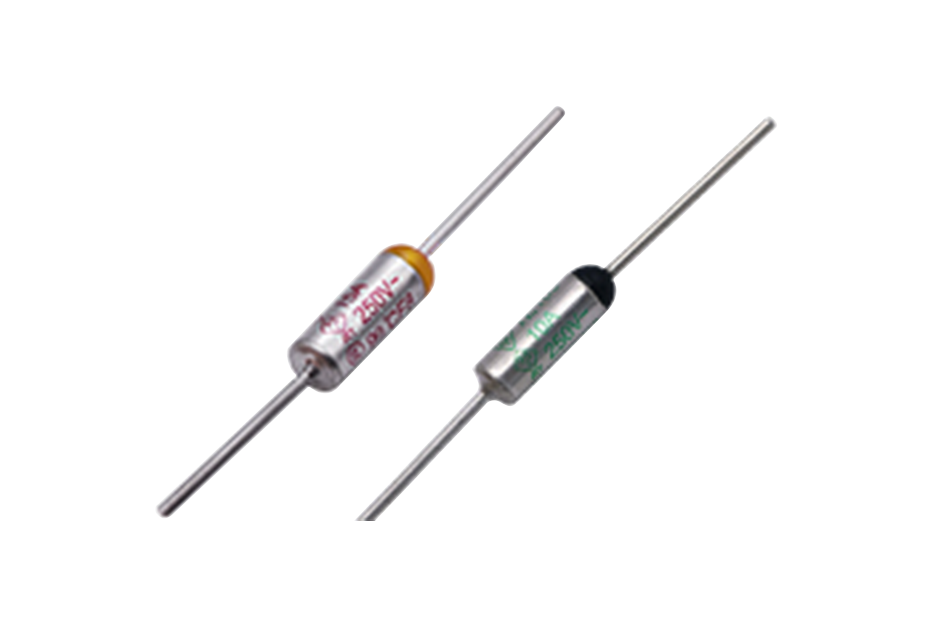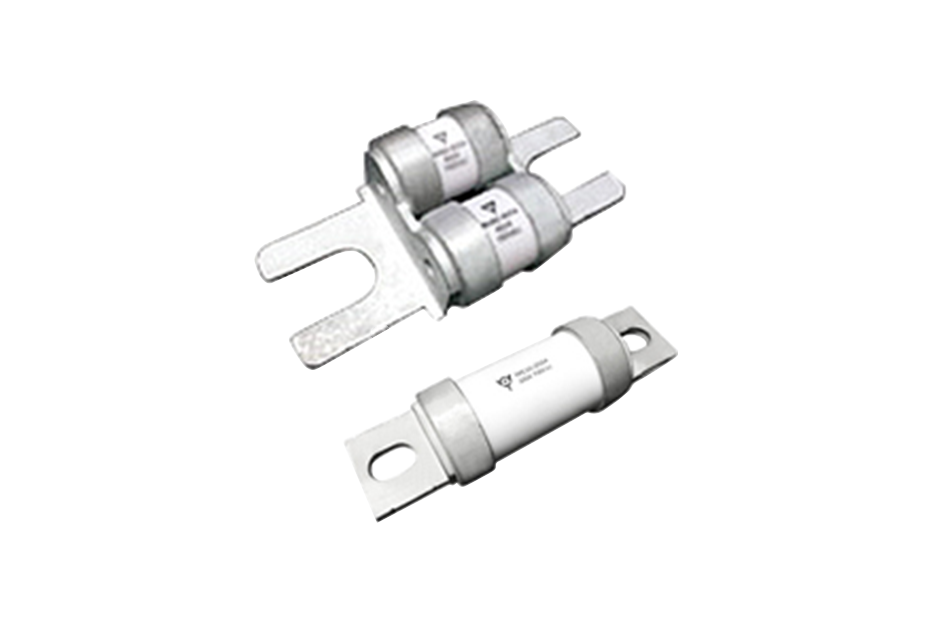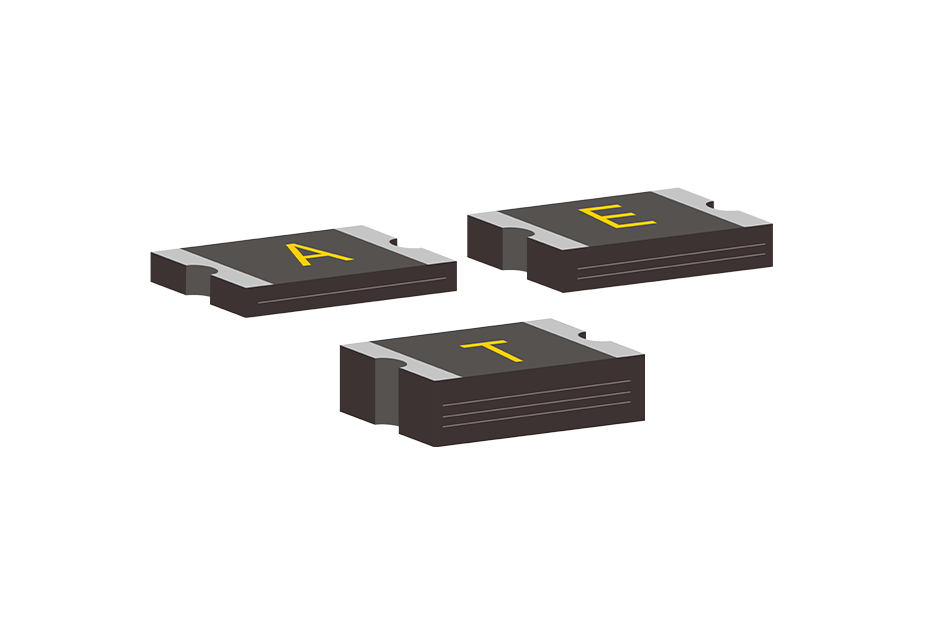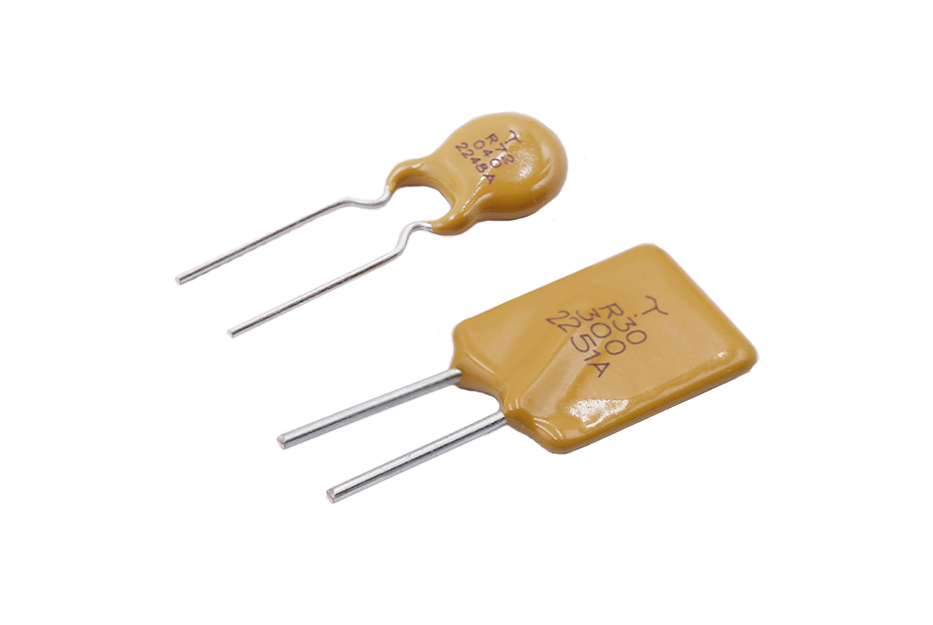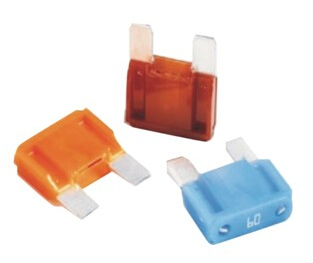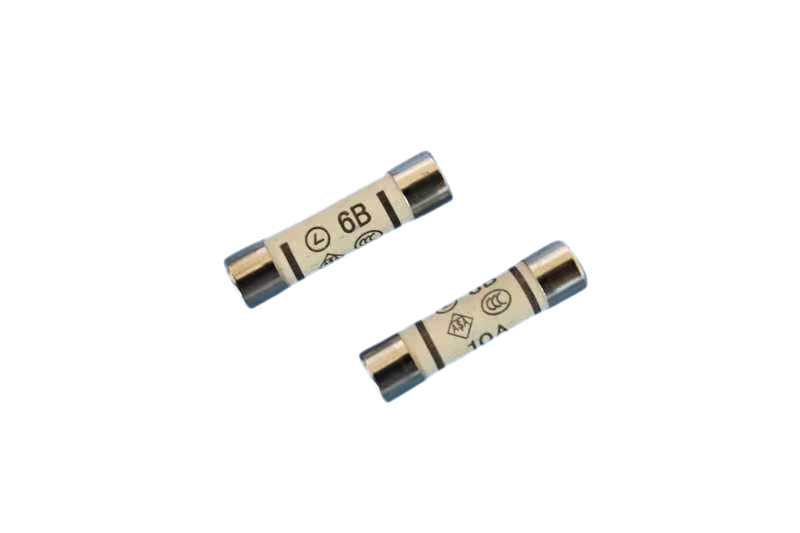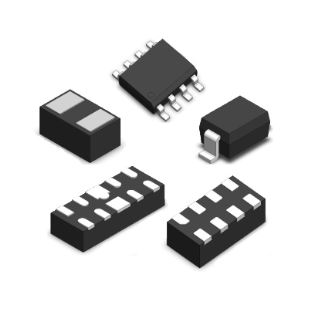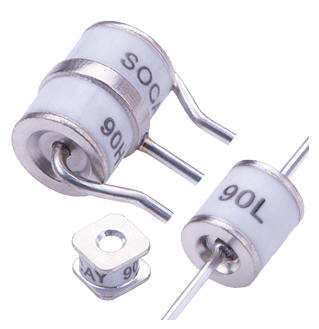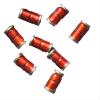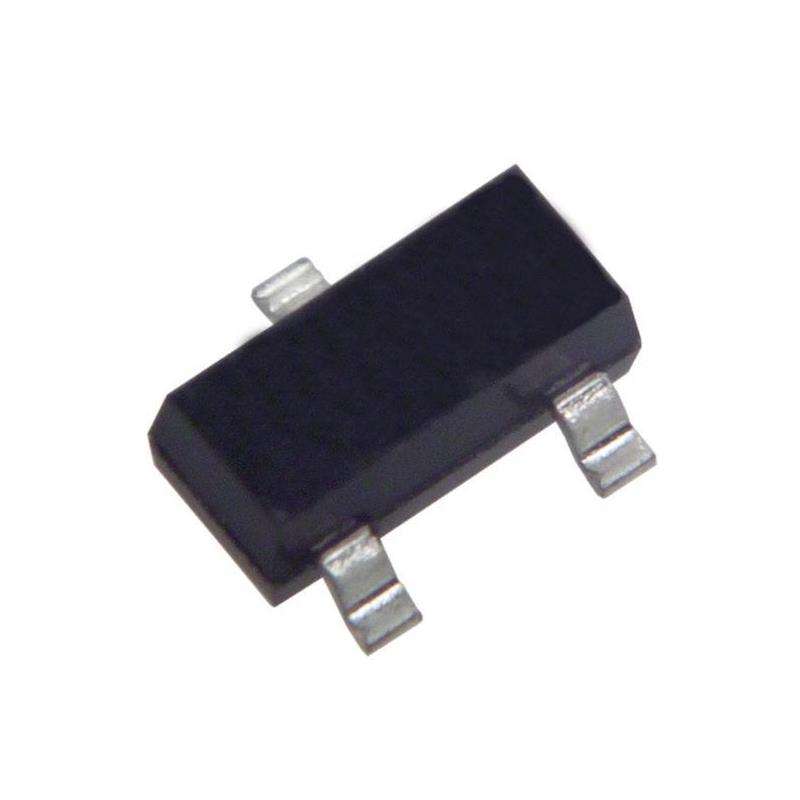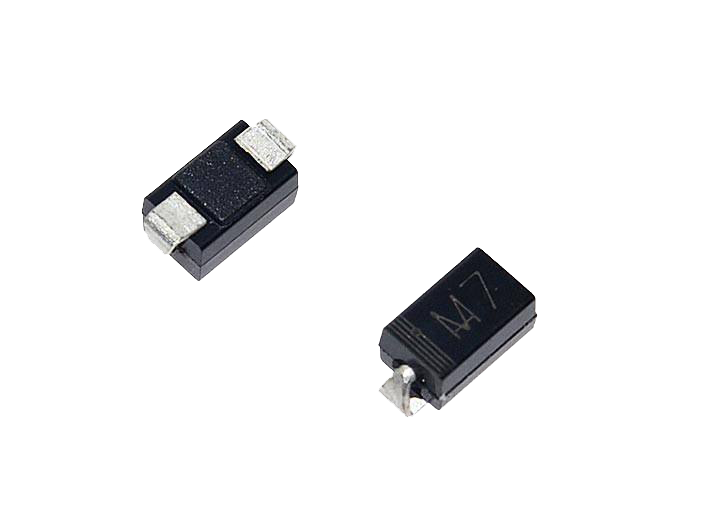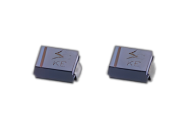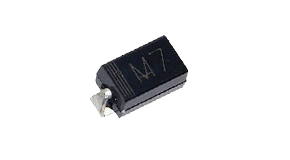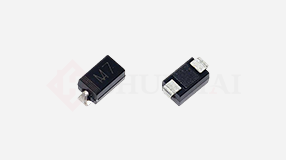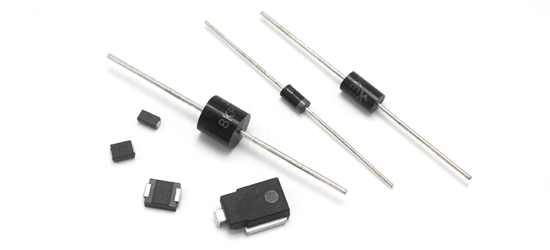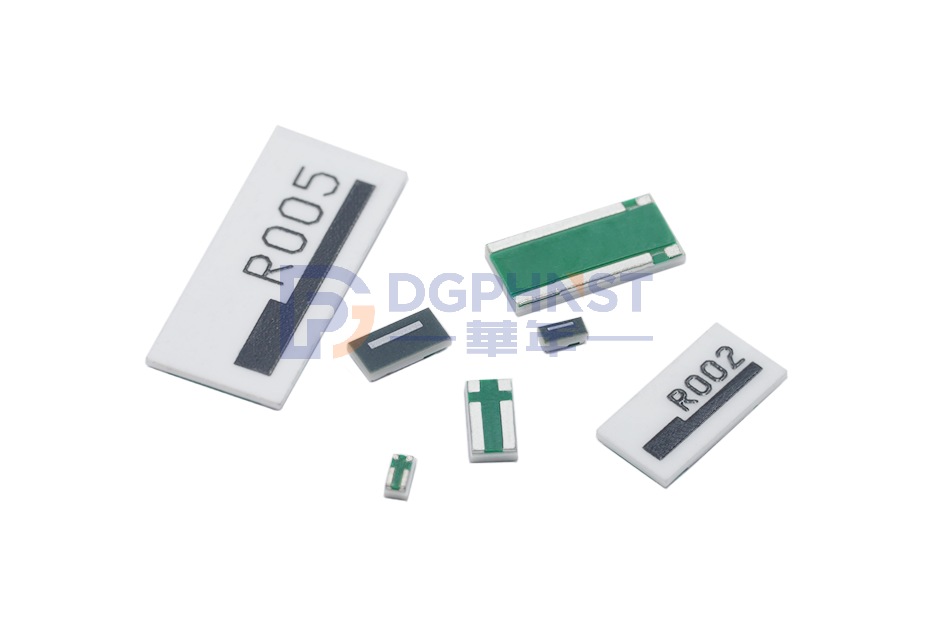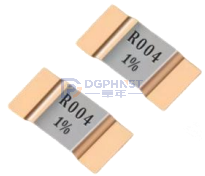Resistors possess the following characteristics:
1. Impedance: Resistors are components that impede the flow of electric current. They create resistance to limit the passage of current. The impedance of a resistor is determined by its resistance value.
2. Resistance Value: The resistance value of a resistor measures the degree to which it impedes the flow of current. It is expressed in ohms (Ω). A higher resistance value means greater opposition to the flow of current.
3. Voltage-Current Relationship: According to Ohm's Law, there is a linear relationship between the voltage across a resistor and the current flowing through it. The current passing through the resistor is directly proportional to the applied voltage.
4. Energy Conversion: Resistors consume electrical energy and convert it into heat energy. When current flows through a resistor, collisions between electrons and the resistor material result in energy dissipation.
5. Temperature Dependence: Some types of resistors, such as thermistors, exhibit a change in resistance with varying temperature. This property enables resistors to be used as temperature sensors and for temperature compensation purposes.
6. Accuracy and Stability: Resistor components have specific accuracy and stability characteristics. Accuracy refers to the deviation of the resistance value from its nominal value, while stability indicates the degree of resistance variation over time and under different environmental conditions.
7. Frequency Dependence: Certain types of resistors, especially in high-frequency circuits, may exhibit variations in resistance value with changing frequencies. This requires selecting appropriate resistor components within specific frequency ranges.
8. Diversity in Size and Shape: Resistors can be manufactured in various sizes and shapes to accommodate different application requirements. Common types of resistors include fixed resistors, variable resistors, and surface-mount resistors.
9. Power Dissipation: Resistor components can dissipate the heat generated when current flows through them. Power dissipation refers to the maximum power that a resistor can safely handle, as exceeding this limit may cause damage to the resistor.
In summary, resistors are common and important components in electronic circuits used for current control, voltage division, power limiting, and signal conditioning, among other applications. The characteristics and performance of resistors determine how they are used and the limitations they impose in various applications.

